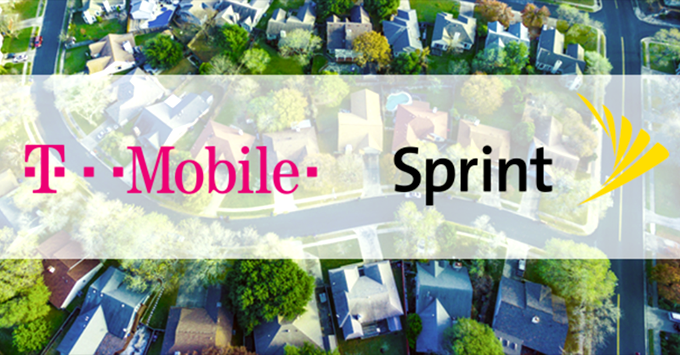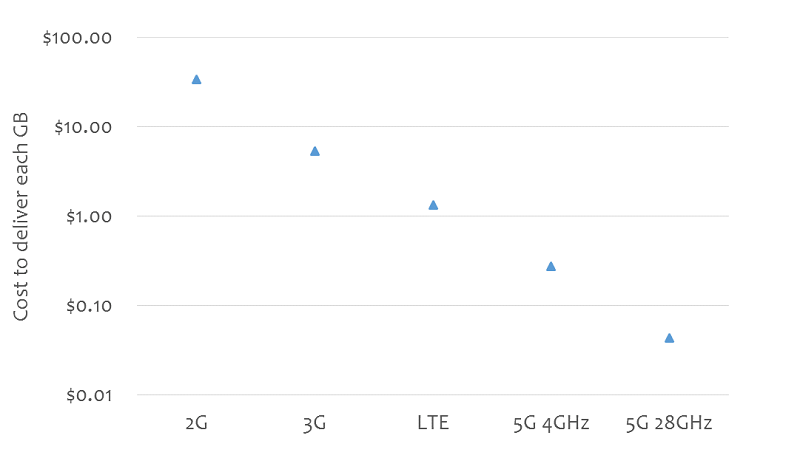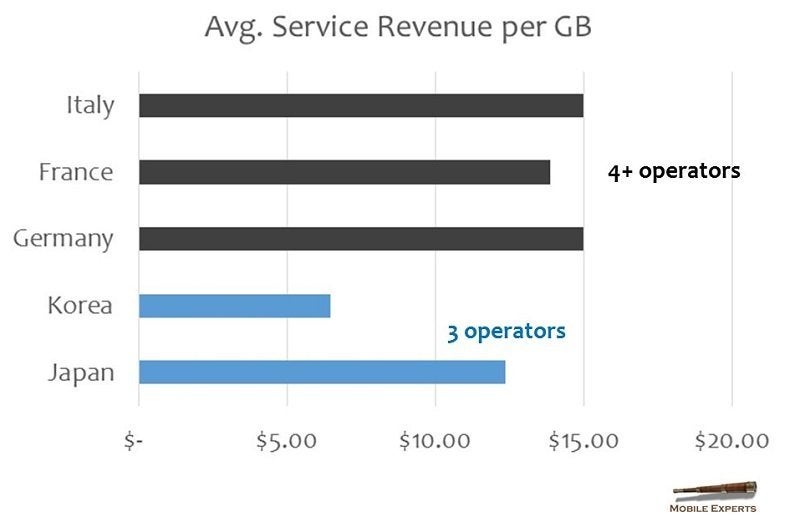Thanks to 5G, the merger of T-Mobile and Sprint may actually lower plan prices

Let's face it, 5G will be awesome, at least as awesome as the move from 3G to LTE, if not more. It will allow faster connections, way more devices on a tower, and lower the latency to a high-chase game streaming level. Not only that, but analyst Joe Madden has plied us with charts and graphs that say 5G will lower the price per GB of data drastically, to the extent that any anti-trust and monopolistic pricing worries regarding the merger of Sprint and T-Mobile, will be more than offset in savings when the new 5G networks are up and operational.

He also gives plenty of examples with countries like Korea or Japan, that have only three major carriers, and still have more to show for it than others with four or more major carriers, like Germany, for instance. Granted, the average monthly outlay for a user (ARPU) in Korea is $32, and in Japan $41, while Germans make do with $15-$20 ARPU, but at the same time they consume 2-4 times less data per month on average, and 5G is still a distant pipe dream for German subscribers, while Korea and Japan are rolling out those networks as we speak.

Thus, the analyst's conclusion is that the Sprint and T-Mobile merger is unlikely to affect plan prices negatively in the longer run, and we'll probably even have much more GB per month for the same prices we are paying now, to the extent that a lot of folks might ditch their broadband home connection once 5G kicks in.
In the telecom market, next-generation technology does a lot more to reduce prices than any other factor. We need to encourage investment in technology, not create the appearance of competition by forcing weak companies to continue limping along.
source: FierceWireless










Things that are NOT allowed: